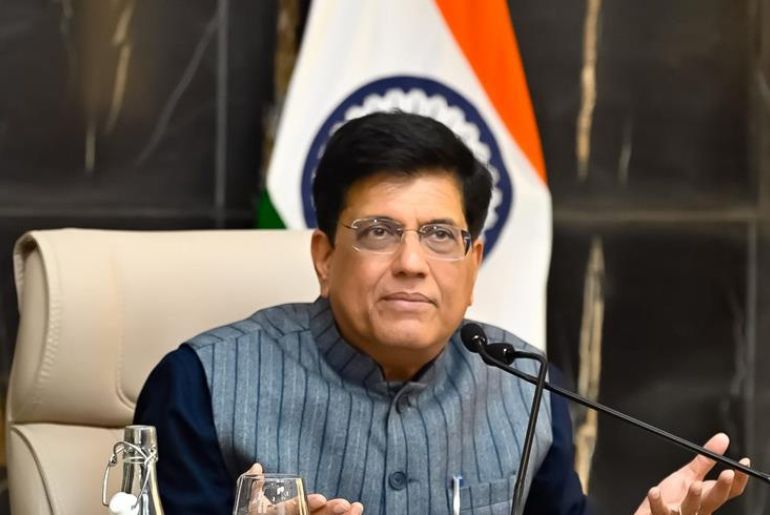Piyush Goyal, the minister of commerce and industry, stated that the electric vehicle (EV) ecosystem did not require any new incentives or subsidies.
“India’s electric vehicle market is prepared and poised for success. After meeting with EV industry stakeholders, Goyal stated at a news conference here that the current incentives are adequate to jump-start the ecosystem and that no new ones are required.
Goyal highlighted the economic benefits of owning an EV, the availability of battery-swapping systems, and lower battery costs as reasons why electric mobility is a compelling argument for switching from internal combustion vehicles to EVs.
His remark came after Union Road Transport and Highways Minister Nitin Gadkari said last year that since production costs have dropped and consumers were choosing EVs or compressed natural gas vehicles on their own, the need for subsidies was no longer warranted.
According to Goyal, industry participants overwhelmingly rejected the request for additional subsidies during their talks. “Everyone in the room agreed that none of them will need subsidies after the current subsidy regime ends,” Goyal stated.
For each electric two-wheeler sold until March 2025, the recently launched PM E-Drive EV subsidy scheme offers a Rs 10,000 discount; this amount will be halved in the upcoming fiscal year. Starting in April, the scheme’s Rs 50,000 incentive for electric three-wheelers would drop to Rs 25,000. A few of states further provide subsidies to entice EV purchasers.
“My only submission would be that they have to ensure that they meet the law of the land, and whatever other legal requirements should be properly taken care of,” Goyal said of Blinkit, another rapid commerce startup that launched a 10-minute ambulance service in specific regions of Gurugram. One should not violate the laws of the land.

